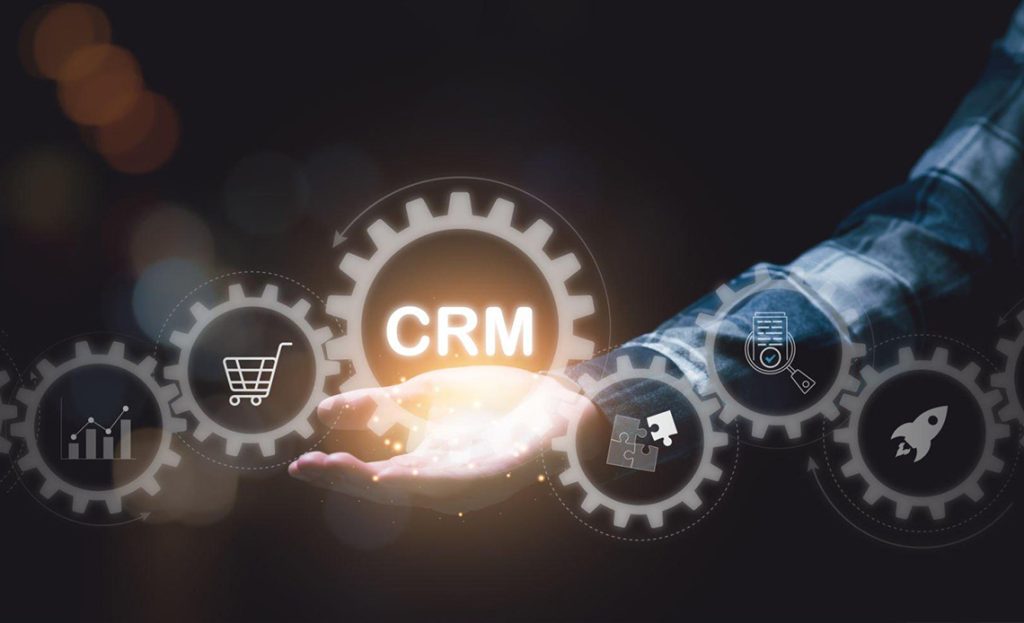Introduction:
In the realm of modern business, the Customer Relationship Management (CRM) system has emerged as a vital tool for organizations across various industries. While primarily associated with customer-centric activities, the integration of CRM with Enterprise Performance Management (EPM) holds immense potential to revolutionize how businesses manage their performance and achieve sustainable success. In this blog, we will delve deeper into the advantages of utilizing CRM in EPM and explore how it can drive enhanced performance across the entire enterprise.
Customer-Centric Performance Alignment:
At the heart of CRM lies the objective of understanding and engaging customers in meaningful ways. By integrating CRM with EPM, organizations can align their performance strategies with the needs and expectations of their target customers. CRM systems provide valuable insights into customer behaviors, preferences, and feedback, allowing businesses to tailor their offerings, marketing campaigns, and overall performance initiatives accordingly. This customer-centric approach not only enhances customer satisfaction but also drives increased revenue, market share, and long-term loyalty.
Holistic View of Business Performance:
A comprehensive CRM system captures and consolidates a vast array of customer data from various touchpoints and channels. When integrated with EPM, this wealth of information can provide organizations with a holistic view of their overall business performance. By analyzing customer interactions, purchasing patterns, and market trends, decision-makers gain invaluable insights into the effectiveness of their strategies, processes, and resource allocations. This knowledge empowers organizations to identify areas for improvement, optimize operations, and make data-driven decisions that fuel business growth.
Sales Forecasting and Pipeline Management:
CRM systems excel in managing the sales pipeline and forecasting future revenue. Integrating CRM with EPM enhances these capabilities by enabling organizations to align their sales forecasts with their overall performance objectives. By leveraging historical sales data, customer insights, and market trends, businesses can accurately predict future revenue, identify potential bottlenecks, and allocate resources effectively. This integration fosters proactive decision-making, streamlines sales processes, and improves overall sales performance, thereby driving organizational success.
Performance Metrics and KPI Tracking:
In order to effectively manage performance, organizations need to establish relevant metrics and key performance indicators (KPIs). By integrating CRM with EPM, businesses can track and measure performance metrics that directly impact customer satisfaction and revenue generation. For example, metrics such as customer acquisition costs, customer lifetime value, and customer retention rates can provide valuable insights into the effectiveness of sales and marketing efforts. CRM integration allows organizations to monitor these metrics in real-time, make data-driven adjustments, and proactively optimize their performance strategies.
Collaboration and Communication Enhancement:
CRM systems offer powerful collaboration and communication features that promote cross-functional cooperation and knowledge sharing. Integrating CRM with EPM facilitates seamless information exchange between departments, ensuring that performance goals are aligned across the organization. For instance, the integration allows the sales team to provide real-time customer feedback and market insights to product development teams, enabling them to refine offerings and stay ahead of market demands. This collaborative approach fosters innovation, efficiency, and synergy within the organization, ultimately enhancing overall performance.
Conclusion:
The integration of CRM with Enterprise Performance Management presents a remarkable opportunity for organizations to unlock new levels of success. By leveraging CRM’s customer-centric capabilities, holistic performance visibility, sales forecasting prowess, performance metrics tracking, and collaboration enhancement, businesses can drive improved performance outcomes, better customer experiences, and sustainable growth. As organizations continue to embrace digital transformation, the integration of CRM with EPM is a strategic imperative that empowers businesses to navigate the complexities of the modern business landscape and thrive in an increasingly competitive marketplace.
